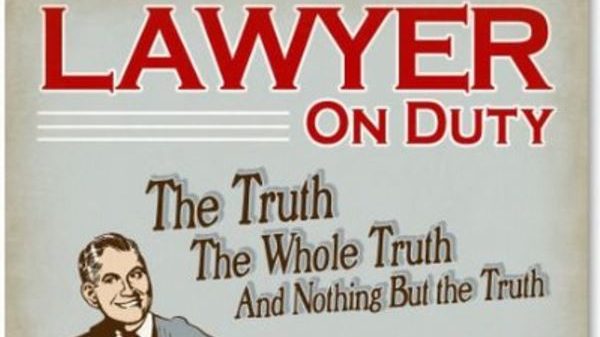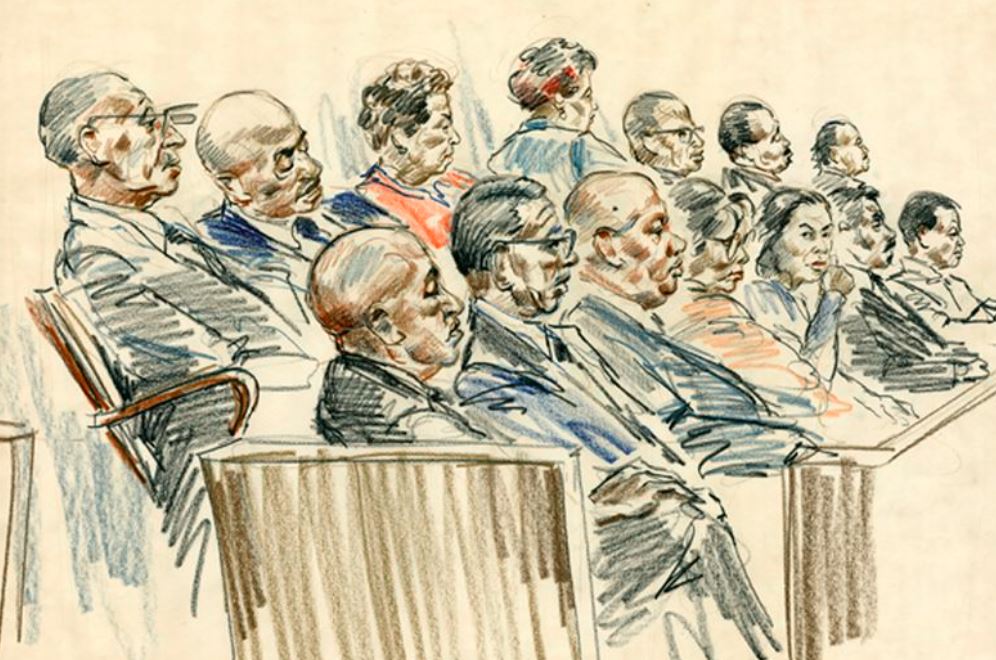By Evangelia Petsa,
The duty of truth derives from article 116 of the Code of Civil Procedure. It is perceived as a special manifestation of the good faith conduct of the trial and constitutes a genuine obligation and not a procedural burden of the parties, their legal representatives and proxies. In terms of content, the duty of truth prohibits the above persons from making untrue factual allegations, the inaccuracy of which they know, and on the other hand, from disputing factual allegations of the opposing party, while they know that they are true, that is, the subjective and not the objective truth is of interest.
In particular, the duty of truth does not oblige the party to systematically search for the objective truth at all costs and is violated when the party consciously and intentionally distorts the truth. It covers the essential factual allegations, i.e. the statements of representation or knowledge of the party about a certain object or fact of will. Also, it does not cover requests as such, which constitute announcements and which are bound by special provisions of procedural and substantive law, nor finally procedural agreements.
From one point of view, the duty of truth also includes factual arguments, i.e. the invocation of facts that do not directly support the legal consequence of the rule, but tend to strengthen the real claims of the party. The provision also applies to the evidence. The duty of truth runs through the entire diagnostic (oral-written) process and applies to remedies as well, but also to forced execution, especially on an affirmative oath.

The relationship between the duty of truth and the deliberative system is critical. According to one point of view, the party is not obliged by the duty of truth to mention allegations that establish the objections of the defendant, only not to deny their historical basis knowing their truth, if they are proposed by his opponent. However, the duty of truth has always been accepted in the sense of the obligation to give a full account of the “historical individual case”. With this position as a starting point, another point of view maintains that the duty of truth includes the rights-obstructing/judicial facts, on which the abusive objections are based, while it does not cover the genuine objections. As has been persuasively pointed out, the latter point of view results in a modification of the discussion system, the weight of invocation and the categorization of factual claims, as well as their procedural treatment, despite the clear will of the legislator to the contrary and the different mission of the trier of fact which does not refer to the collection of the actual material of the trial, but to the conduct of the litigant in relation to that material.
For the same reason, the duty of truth is not connected to the concentration system, which aims to put order in the defensive or counter-attacking claims of the parties by delimiting the deliberative system. And yes, by obliging the party to present the allegations up to a certain point, as a result the avoidance of the trial is avoided, on the other hand, however, due to its strict consequences, the judge often circumvents substantive law, as the acceleration occurs through of the method of excluding the further possibility of presenting claims as inadmissible, which, however, cannot be excluded from being true.
For this reason, and in particular to ensure the right to be heard, the German regulation is less strict, forgiving defenses invoked and presented out of time and before the last discussion of the case at the discretion of the court, as long as they do not lead to the avoidance of the trial and their delayed display is not due to gross negligence on behalf of the party. According to the opposite point of view, the regulation of article 269 of the Code of Civil Procedure is a specialization of the duty of truth imposed by article 116 of the Code of Civil Procedure, with which it is in a special to general relationship and complements it at the level of sanctions, making the violation inadmissible of the duty of truth. This point of view overlooks, however, that the concentration system does not only punish the party who by evasion proposes a general denial in the lawsuit, but also the one who observes the duty of truth, as he violates some other condition of admissible presentation of allegations. On the other hand, it is accepted that the duty of truth is violated when the disclosure or questioning of the real facts would reveal criminal behavior of the party.

According to the jurisprudence, the violation of the duties imposed by Article 116 of the Code of Civil Procedure on the parties, their legal representatives and their proxies may be sanctioned, according to Article 205 of the Code of Civil Procedure, by the imposition of monetary penalties, but not and the admissibility of the alleged claim. The jurisprudence invokes the constitutional right to provide legal protection, which is ensured even for the violator of the requirements of article 116, a view which, as with the abuse of procedural rights, overlooks article 25 paragraph 3 of the Constitution. On the contrary, the theory following the same view convincingly points out that the sanction is practically impossible to be other than the rejection of the claim or request based on false allegations as unfounded and not as inadmissible, since this is done after they have been diagnosed as untrue by the court through the evidentiary process, except in the case of allegations that are contrary to common practice or the lessons of common experience.
Finally, contrary to the theory supported and individually accepted by jurisprudence, if a violation of the duty of truth is found, in addition to the monetary penalty of article 205 of the Code of Civil Procedure, there is also the inadmissibility of the acquisitive act, such as for example the lawsuit or of the objection. In fact, the opinion is supported that the regulation of article 269 of the Code of Civil Procedure is a specialization of the general principle of article 116 of the same code, with which it is in a special to general relationship and complements it in terms of sanctions, making the violation unacceptable of the duty of truth.
References
-
Κώδικας Πολιτικής Δικονομίας, Όπως κωδικοποιήθηκε με το Προεδρικό Διάταγμα 503/1985. lawspot.gr. Available here




